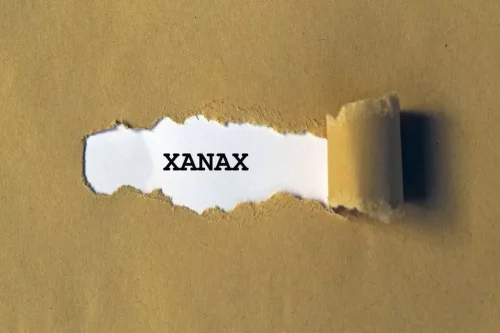
This can leave you feeling like you have insomnia after drinking alcohol—and it’s why having a nightcap before bed might not be such a good idea Alcohol Use Disorder after all. Long-term alcohol use negatively affects REM cycles and decreases sleep quality. Over time, sleep deprivation can increase the risk of several chronic health conditions.
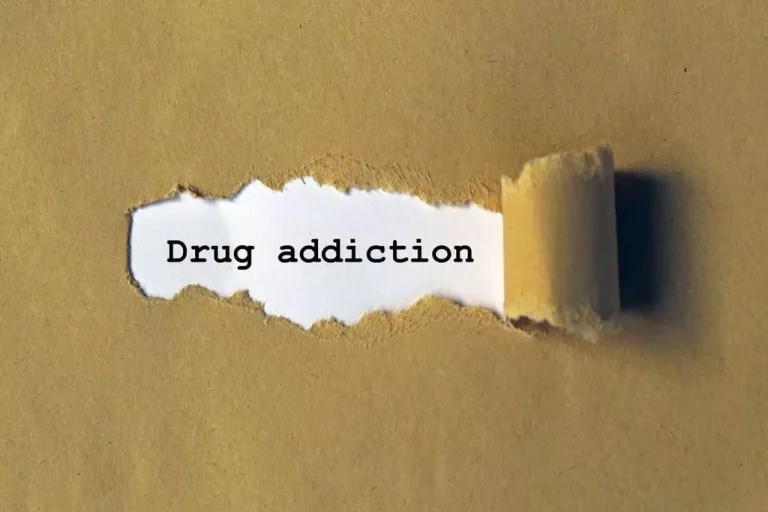
Other Sleep and Safety Issues Impacted by Alcohol
It should not be used in place of the advice of your physician or other qualified healthcare providers. While there are natural remedies and sleep medications that work for some people, these shortcuts often also sacrifice the quality of your sleep. The best thing you can do is to try to reset your natural sleep cycle, and that takes time. Simply knowing that time is the most effective element to help reset your circadian rhythm can help you remember to stay patient and give your body a chance to heal from the effects of alcohol. Unhealthy alcohol use and insomnia are very commonly co-occuring conditions. All in all, drinking could reduce the quality of sleep you get each night, even if it seems to help you fall asleep faster.
- Sleep-deprived people may be able to reduce their risk of long-term consequences if they seek treatment.
- Alcohol can cause insomnia because of the damage that alcohol can do to your sleep cycles and circadian rhythm.
- Elevated blood pressure may lead to cardiovascular disease when left untreated.
- Individuals with sleep-related disorders such as insomnia may be more likely to experience symptoms of depression.
What age is sleep deprivation most common?
With help from experienced professionals, substance use and co-occurring insomnia can be treated effectively. If you believe your drinking may be problematic, you does alcohol cause insomnia may learn about the differences between casual and problematic drinking by taking a self-assessment. If co-occurring substance use and insomnia are causing problems in your life or the life of a loved one, reach out to a representative to begin the journey towards recovery.
- Many of us have indulged in a glass of wine to help send us off to bed, and more than 1 in 10 people uses alcohol to beat stress-related insomnia and sleep better at night.
- Sleep apnea is a severe problem that can leave you feeling chronically under-rested.
- In other words, though alcohol may cause you to fall asleep quickly, you can expect a restless night ahead.
- Sleepwalking (somnambulism) is when a person behaves as if awake while in a deep sleep.
- This may cause difficulty keeping up with expectations and can increase stress and anxiety.
Alcohol Increases Snoring and Symptoms of Obstructive Sleep Apnea
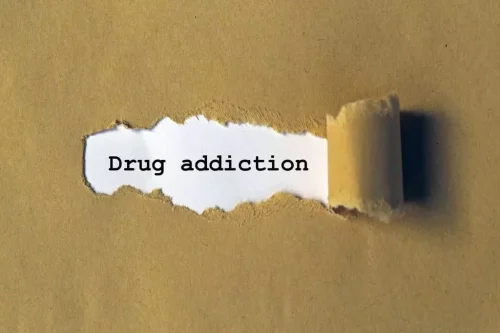
And regularly using alcohol to fall asleep can lead to serious health consequences. Alcohol can have a detrimental impact on sleep, but these problems can also persist once you decide to stop drinking. Finding ways to cope with insomnia and other sleep issues is important since poor sleep can be a risk factor for alcohol relapse. While staying hydrated can prevent some of alcohol’s dehydrating effects, it won’t fully negate alcohol’s impact on sleep cycles.
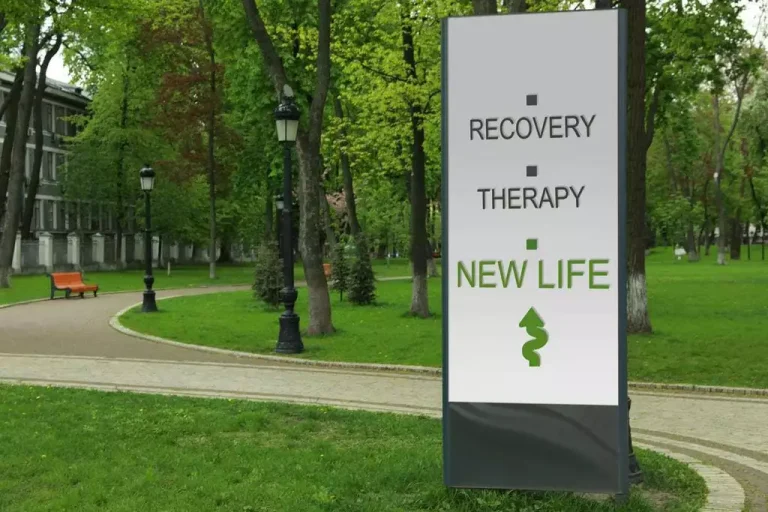
The body being repeatedly deprived of adequate rest can contribute to the development or worsening of mental health conditions. Some long-term impacts of chronic sleep deprivation may include the following. Alcohol may appear to be a sleep aid, as it can induce a sedative-like effect. However, disrupted sleep patterns often follow this initial drowsiness, resulting in poor sleep quality.
What are the 5 stages of sleep deprivation?
When you drink alcohol, it acts as a depressant for your central nervous system, meaning that it can cause brain activity to slow down. If you fancy a glass of wine with dinner or a nightcap before bed, you might want to cap the Chiante and put the Negroni down — research shows that even low alcohol intake can stymie your sleep. Individuals with insomnia have difficulty maintaining a consistent sleep schedule. Experts state that acute insomnia lasts up to a few days to weeks, while chronic insomnia continues for several months. Alcohol dependency is rarely the only issue a person in withdrawal is dealing with. This is why a comprehensive approach to treatment is often the key to a successful recovery.
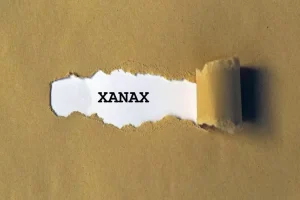
In other words, though alcohol may cause you to fall asleep quickly, you can expect a restless night ahead. Consuming alcohol could also result in an imbalance in the sleep stages you experience. However, rapid eye movement sleep (REM) is also a vital part of the sleep cycle, since it aids in mental restoration. Alcohol consumption could disrupt your circadian rhythm in other ways, too. For instance, a late night of drinking followed by sleeping in the next morning will interfere with the consistent sleep schedule needed for quality rest. Research also suggests alcohol impairs a person’s response to light cues, which is a crucial part of regulating your internal clock.
Sleep Profile
If you’re struggling to get enough quality rest, talk to a health care professional about ways to improve your sleep. Making a plan to focus on better sleep habits can help you feel your best and improve your overall health. Unsurprisingly, studies of people with insomnia have also found that heavy alcohol use exacerbates insomnia. People who wake up feeling unrefreshed may be more likely to rely on alcohol again to help them sleep the next night, leading to a counterproductive pattern of alcohol use. After a few drinks, these increased adenosine levels send us into a deep sleep. However, once the body realizes it’s had too much slow wave sleep, the homeostatic drive compensates by allowing us less deep sleep in the second half of the night.
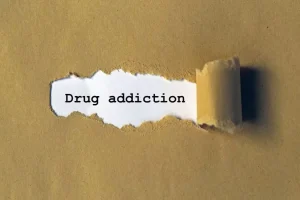
People who consistently drink too much alcohol may eventually build up a tolerance to its initial sedative effects. Studies of chronic alcohol users have found that these individuals typically experience disrupted sleep patterns with less slow wave sleep and more REM sleep. Drinking alcohol before bed can cause heavier snoring and increase the risk of sleep apnea by 25%.

